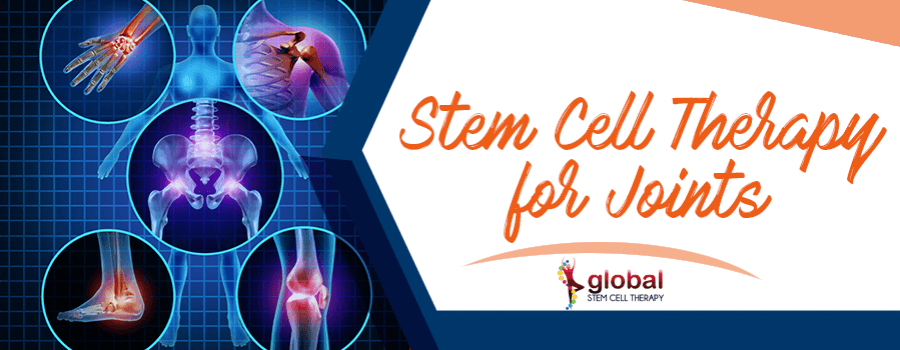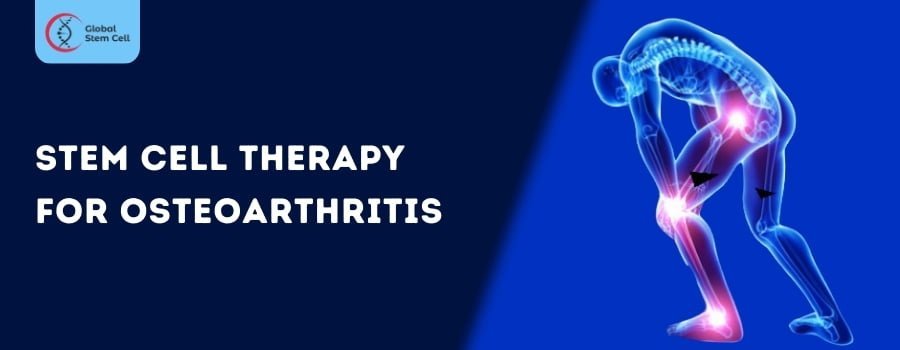
Joint Treatments with Regenerative Medicine
Table of Content
Are you suffering from joint pain and discomfort? If so, you may be interested to hear about the latest advancements in regenerative medicine for joint treatments. Regenerative medicine is an emerging field with high potential for treating a variety of joint ailments and injuries. Through this innovative approach, your body’s natural healing mechanisms can be utilized to help restore damaged or diseased tissues. This blog post will explore some of the most common treatment options available, enabling you to make informed decisions related to your overall health and wellbeing. Read on to uncover why regenerative medicine might be the ideal solution for your aching joints!
Overview of Common Joint Problems
People, mostly elderly persons, develop arthritis when the joints in cartilage start to decline. This common condition of bones causes pain and several functional obstacles. Researchers have revealed that nearly one million people in the United States alone get a replacement every year and the number of such patients can rise to 3 million by the end of 2030.
Joint replacement can be an effective solution for joints treatment, but the process is quite painful and expensive and it takes time to recover. Stem cell therapy, on the other hand, is considered as one of the best non-surgical ways of joints treatment and here we are going to talk about them in detail.
Symptoms of Joints Disorder
Joint pain can be caused by a number of reasons. It can be caused by any kind of injuries of the ligaments, tendons. Disorders like arthritis and injections can also cause sharp joint pain. Have a look at some key symptoms joins.
• Joint redness
• Joint swelling
• Joint warmth
• Joint tenderness
• Locking of joints and stiffness
Reasons behind Joint Disorder
Injuries to ligaments and tendons or disorders like arthritis are the most common reason for joints disorder. Such diseases can cause unbearable pain, where patients often opt for surgeries and other available options for instant relief. Here are the key reasons behind joint disorders:
• Inflammation of cushioning pads
• Gout
• Lupus
• Tendinitis
• Injuries to the cartilage
• Injections like mumps and hepatitis
• Sexually transmitted diseases like Chlamydia, etc
How Stem Cell Therapy Helps to Treat Joints Pain?
Stem cells are a type of cell with the ability to regenerate and repair itself. When injected into joints, stem cells can help to reduce joint pain and improve mobility.
These cells help to stimulate cartilage regrowth through releasing molecules that promote anti-inflammatory and anti-scarring effects.
This results in reduced pain and an overall improvement in the functioning of the joint. Furthermore, this process can lengthen the lifespan of those living with age-related deformities such as arthritis or degenerative diseases.
The process is fast, safe and effective ensuring minimal recovery time so individuals can quickly return to their normal routines. In conclusion, stem cell treatment offers a viable solution for those suffering from joint pains.
Stem Cells for Joints Treatment
In many cases, stem cell therapy can be an effective solution for joint disorders. The therapy does not only help patients get rid of unbearable pain but also help them to enjoy long-term relief even without going through a surgical treatment.
The key role of improved stem cells is to repair tissues by replacing damaged and cells. Experts at the clinics inject improved stem cells in patients targeted body part and let the body initiate a self-healing process.
Stem Cell Therapy for Knee Joints
Osteoarthritis is one of the key reasons that cause knee joints disorder. This chronic disorder affects our knee badly and this leads to sharp pain in the knee joints. Stem cell therapy is one of the best non-surgical treatments. It can decrease inflammation and repair damages caused by arthritis.
In this process, specialists extract stem cells from the patient’s bone marrow. They send the cells to the laboratory for concentration and then re-inject the cells across the targeted area.
Contact Certified and Experience Stem Cell Therapist Only
In order to get quality and satisfactory treatment, you should talk to a certified and experienced stem cell therapist, who enjoys years of experience in this field. Before you agree to receive stem cells treatment for joint disorders, never forget to check the profile of the therapists and the clinics. The treatment cost should be reasonable, as reputed clinics always provide the best facility even in reasonable price.
FAQs about Regenerative Medicine for Joints Problems
Who is a good candidate for regenerative medicine treatment for Joints?
People who suffer from joint pain and stiffness due to arthritis, tendonitis, bursitis, ligament injuries or cartilage damage are good candidates for regenerative medicine treatment for joints. Additionally, those who have had previous joint surgeries (e.g., knee replacement) that failed to provide relief may also be suitable for regenerative medicine treatment.
How long does the treatment take and what is the recovery time like afterwards?
The length of treatment can vary depending on the condition and severity of the injury. Generally, a single session takes about an hour to complete. After the procedure, there is usually no downtime and recovery can be quite rapid. It is recommended that patients have some rest for a day or two to allow the body to heal. Patients may experience some light swelling or soreness in the treated area, but this should resolve quickly.
Are there any risks associated with regenerative medicine treatment for Joints Problems?
The risks associated with regenerative medicine treatment for Joints Problems are generally very low. Any injection carries a risk of infection, but this is minimized by using sterile techniques and properly preparing the treatment area. Additionally, mild soreness is common after the procedure due to inflammation in the injection site.
Is regenerative medicine for joints treatments covered by insurance?
Most insurance companies do not cover regenerative medicine treatments for Joints Problems. However, some providers may be willing to work with you on a case-by-case basis. It is important to check with your insurance provider ahead of time to see if they are willing to cover the cost of the treatment.
To learn more about stem cell joints treatment and the best available stem cell clinics to receive the therapy, contact us today.






